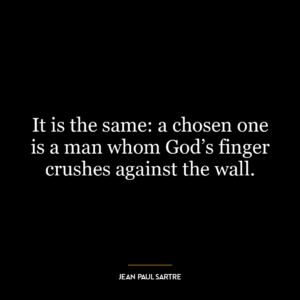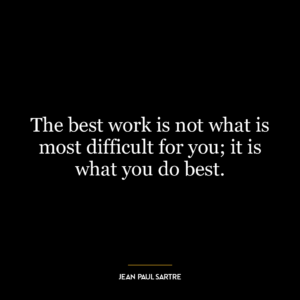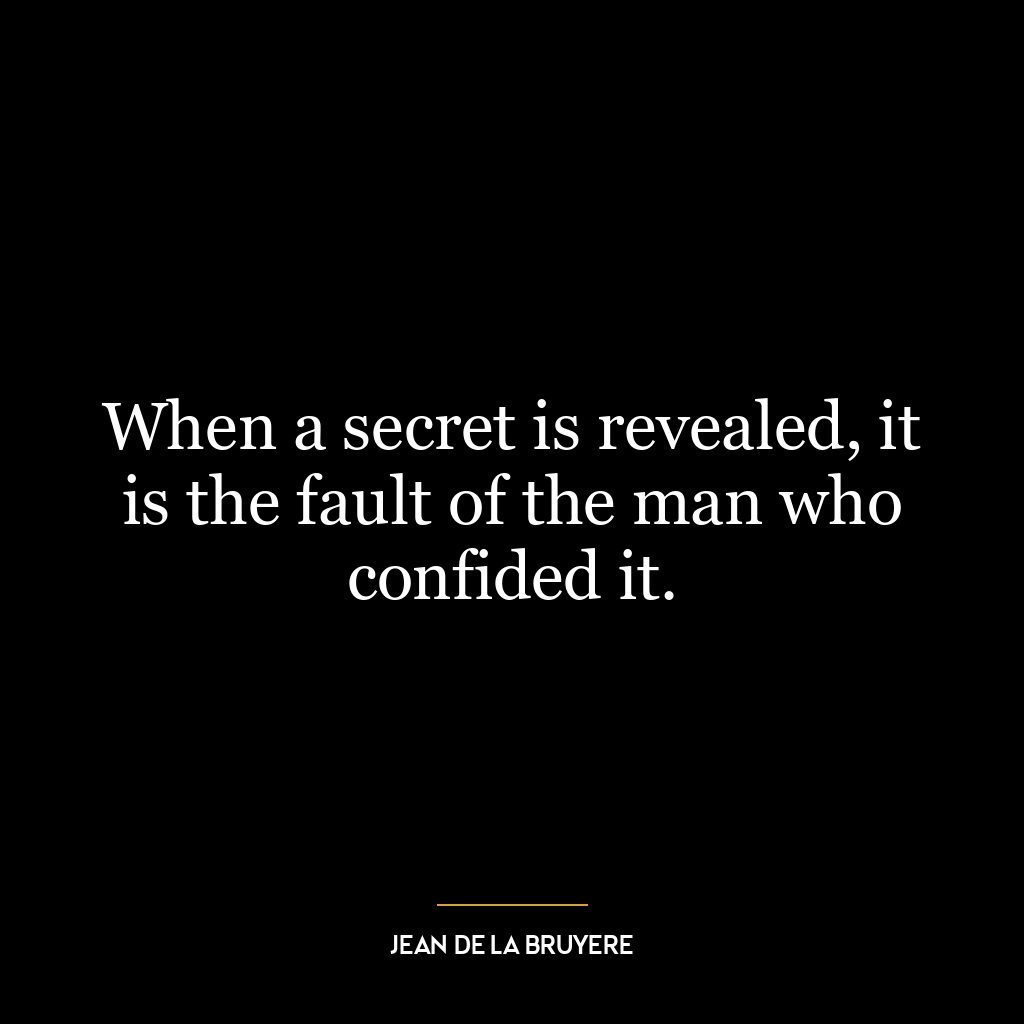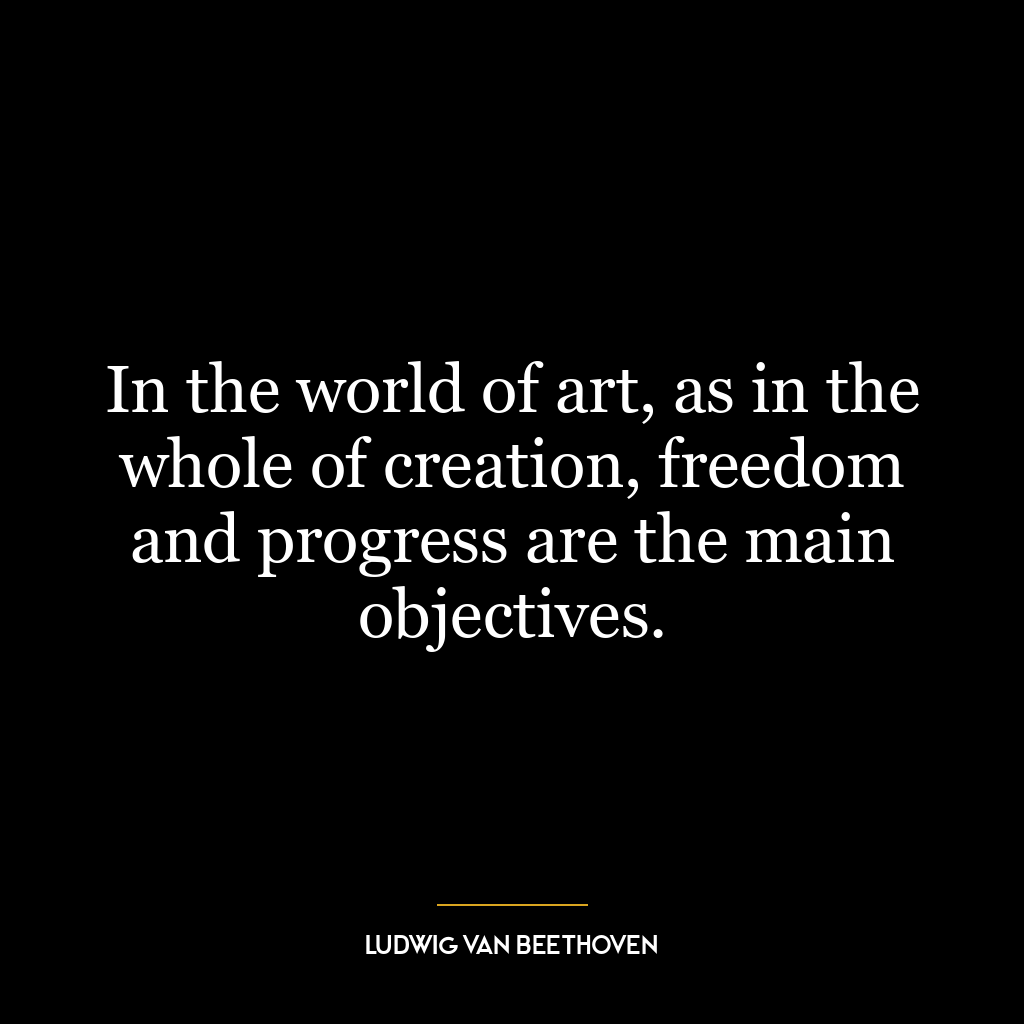Man is condemned to be free" is a profound statement that suggests that freedom is not just a privilege, but also a burden or a responsibility. It means that each individual is free to make their own choices, but also has to bear the consequences of those choices. This freedom is a "condemnation" because it forces us to make decisions and take responsibility for our actions, which can often be daunting or overwhelming.
This concept is deeply rooted in existentialism, a philosophy that emphasizes individual existence, freedom, and choice. It suggests that we are not just passive recipients of life’s circumstances, but active participants who shape our own lives through our choices and actions.
In today’s world, this idea is more relevant than ever. In the age of the internet, social media, and global connectivity, we have more freedom and choices than any previous generation. We can choose what information we consume, who we interact with, and how we present ourselves to the world. But with this freedom comes responsibility. The choices we make can have far-reaching consequences, not just for ourselves but also for others.
In terms of personal development, this idea encourages us to take charge of our own lives and make conscious decisions that align with our values and goals. It reminds us that we have the power to shape our own destiny, but also the responsibility to deal with the consequences of our actions. It’s a call to action, urging us to take control of our lives and make the most of our freedom.
However, it’s also a warning, reminding us that freedom is a double-edged sword. It can be liberating, but it can also be overwhelming. It can give us the power to shape our own lives, but it can also burden us with responsibility. In this sense, we are indeed "condemned" to be free. We have no choice but to deal with the challenges and responsibilities that come with freedom.















